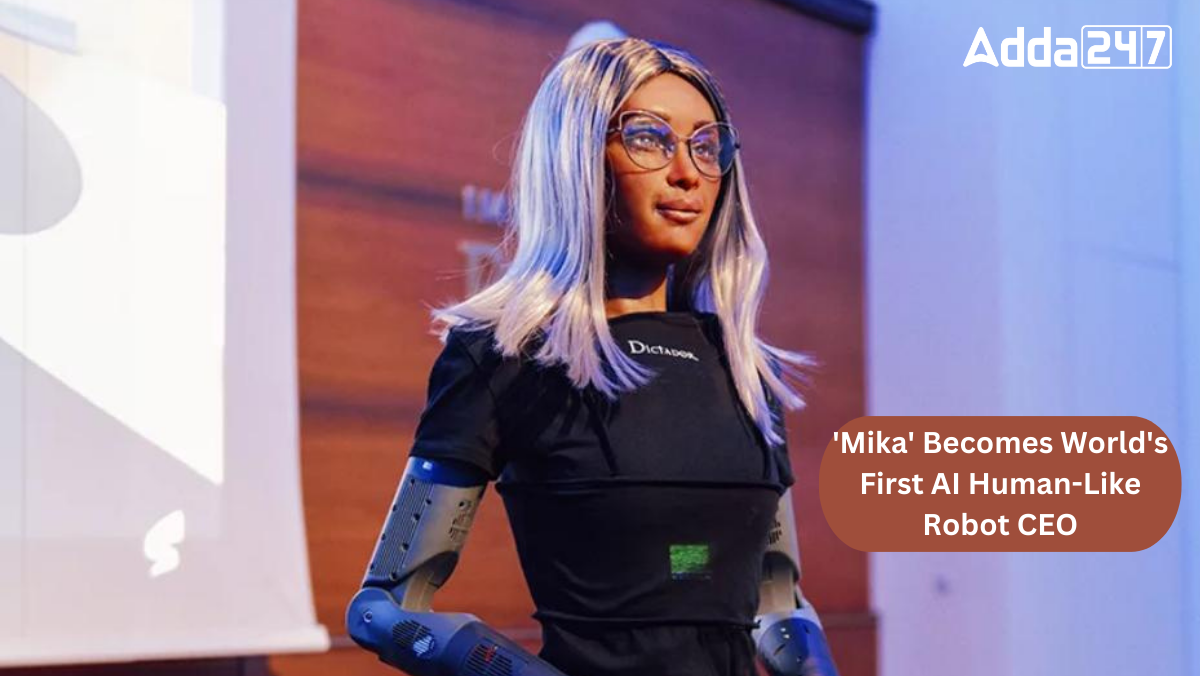Introduction
In a groundbreaking move, Hanson Robotics and Dictador, a Polish run company, have appointed the world’s first humanoid robot CEO named Mika. This innovative project aims to blend advanced artificial intelligence and machine learning with the unique values of the company. While this development sparks excitement about the potential of AI in leadership roles, it also raises concerns among workers about job security.
Mika, The AI Powered CEO
Dictador, in collaboration with Hanson Robotics, has introduced Mika as the “official face” of the company. Mika utilizes advanced AI and machine learning algorithms to swiftly and accurately process data. However, concerns have been raised about a “significant delay” in Mika’s response time, highlighting the evolving nature of AI technology.
The Human Touch in AI
David Hanson, CEO of Hanson Robotics, emphasizes the importance of “humanizing” AI to ensure safety and effectiveness. Teaching AI to care about people is seen as crucial as a crucial step in bridging the gap between machines and humans. The gap is to create a symbiotic relationship where AI complements human abilities without replacing them entirely.
Public Perspectives on Robot Leadership
FOX Businesses reporter Lauren Simonetti took to the streets of New York City to gauge public opinions on Mika as a robot CEO. While some express willingness to treat AI with compassion, others argue that machines, including robots, do not require respect. The diverse range of views reflects the ongoing societal debate surrounding the integration of AI in leadership roles.
Job Displacement Concerns
As AI continues to advance, there are growing concerns about job displacement. Many individuals interviewed expressed fears that AI would likely take over jobs traditionally performed by humans. Some even stated that they would refuse to work under the supervision of a robot. The economic and social implications of AI-driven automation remain hot topics for discussion.
AI in Security
Beyond the corporate boardroom. AI is making its mark in public safely. Stark Enterprises has introduced a 400-pound robot security guard to patrol Ohio sidewalks, aiming to increase community safety. The development of AI in security raises questions about the balance between technological advancements and maintaining a sense of human touch in public spaces.
Presidential Initiative on AI and National Security
In response to the potential risks associated with AI, President Biden recently issued an executive order requiring companies to share information on national security risks posed by AI. This move reflects the government’s recognition of the need to regulate and mitigate potential risks associated with the rapid advancement of AI technology.




 Which District is known as the Medical C...
Which District is known as the Medical C...
 Which was the First Women's University i...
Which was the First Women's University i...
 Made in India: Nadda Launches Indigenous...
Made in India: Nadda Launches Indigenous...








